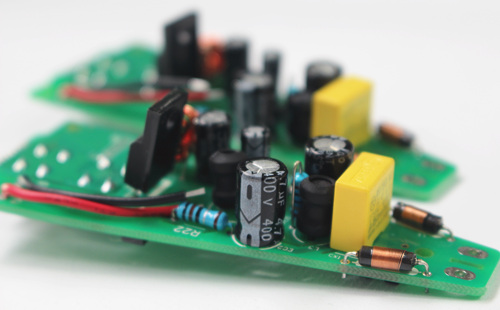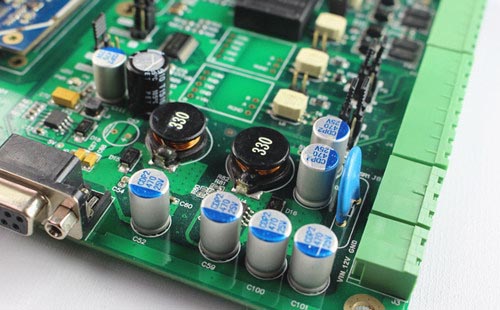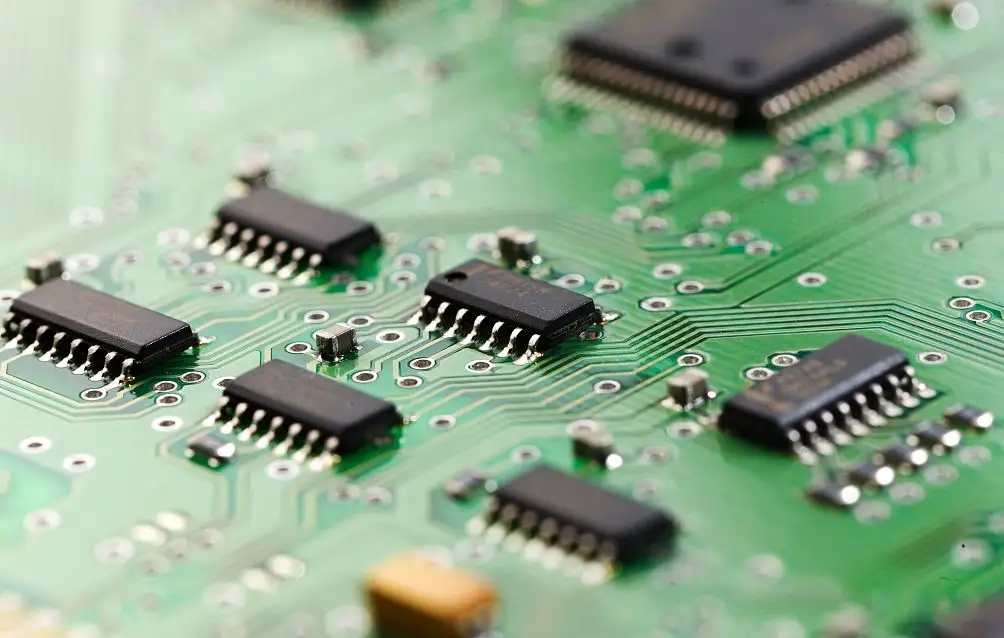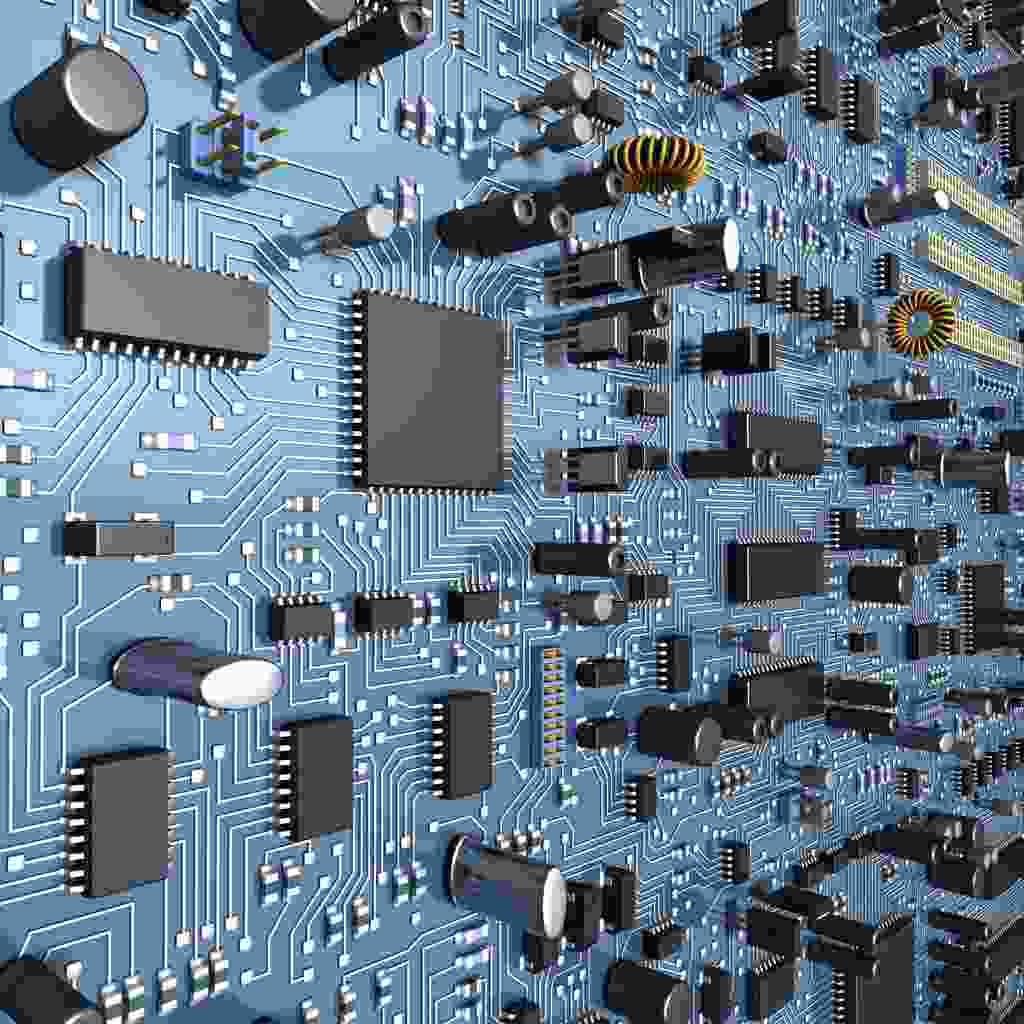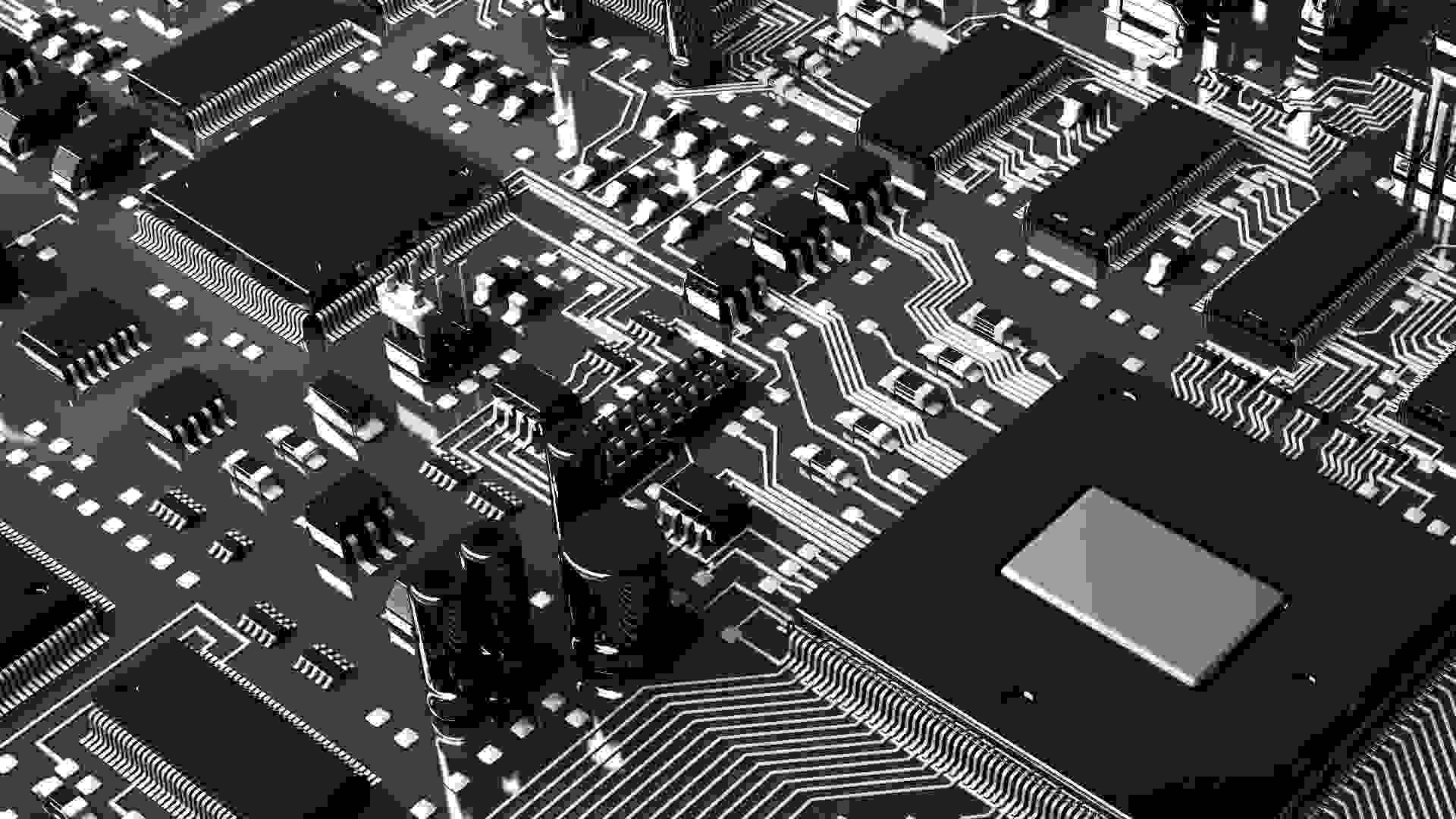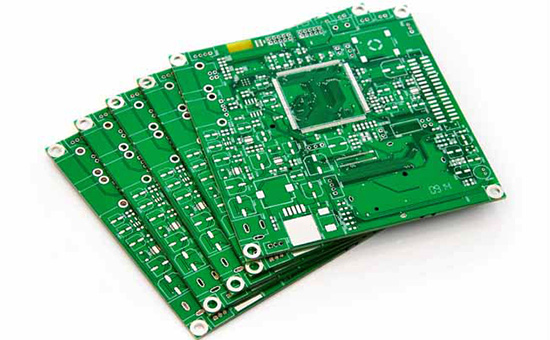
PCBA processing process and how to deal with the surface after PCBA welding
PCBA electronic product manufacturers need to go through many processing processes and cooperation of multiple departments to produce perfect products after confirming cooperation with customers. The main processes of PCBA electronIC product processing include material procurement, SMT chip processing, DIP plug-in processing, PCBA testing, finished product assembly and logistics distribution. Next, we will explain the whole process of PCBA electronic product processing.
1. Determine cooperation and provide information documents
After negotiation, the two parties decided to cooperate, and the customer began to place an order, and provided the material list, PCB Documents, PCBA test plan and other documents required for product processing.
2. Check data
After receiving the customer's data and documents, PCBA electronic product manufacturers will send them to the engineers for verification. After confirmation, they can purchase materials.
3. Material procurement
After the engineer checks the data, the purchasing department will purchase electronIC components and place an order for PCB.

4. Material arrival, inspection and processing
When the materials arrive, the incoming materials shall be inspected and processed, and then delivered to PMC for planned production.
5. SMT chip processing, DIP plug-in processing
In the online production of materials, the processing and welding of PCB boards are completed through solder paste printing, patch, reflow soldering, AOI detection, DIP plug-in and wave soldering, and each link of processing will have quality inspection.
6. PCBA test
PCBA electronic product manufacturers will conduct ICT test, FCT test, aging test and other basic function tests according to the test scheme provided by customers, so as to achieve product quality control and improve product yield.
7. Packaging and shipping
After testing, PCBA electronic products can be packaged according to customer needs, and OQA sampling inspection can be carried out to ensure that there are no problems before shipment.
The processing of PCBA electronic products is complicated. Any problem in any process may cause serious quality problems. It is necessary to implement strict process quality control in the production process.
How to deal with the surface after PCBA welding?
After PCBA welding, there will be tin, flux, dust, employee fingerprints and other substances left on the PCBA board surface, which will cause the surface of the PCBA board to be dirty, and the organic acids and electric ions in the flux residue will cause corrosion and short circuit to the PCBA board. Therefore, surface treatment is required after PCBA welding.
The residues on the PCBA board can be treated by manual cleaning and machine cleaning.
1、 Manual cleaning
When manual cleaning is used, special plate washing water can be used for cleaning. The components in the plate washing water will dissolve the flux residue, which can realize rapid cleaning. However, it is difficult to clean dense components and closely spaced pins with plate washing water.
2、 Machine cleaning
The machine is usually cleaned by an ultrasonic cleaner, which makes the liquid resonate with the cleaning tank at a certain frequency through sound waves, and can effectively remove some closely spaced components. The operation is SIMple and the cleaning effect is good.
In SMAll and medium-sized PCBA welding processing plants, the surface of PCBA plate is generally treated by washing water. This is due to the low production cost of using plate washing water, while the cost of ultrasonic cleaning machine is relatively high. After the general cleaning of PCBA, the PCBA board shall be dried and finally packed with anti-static bags.


